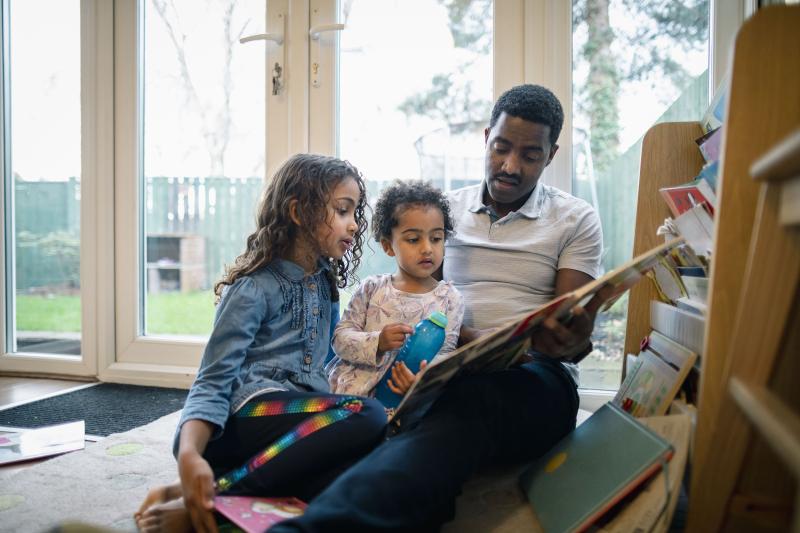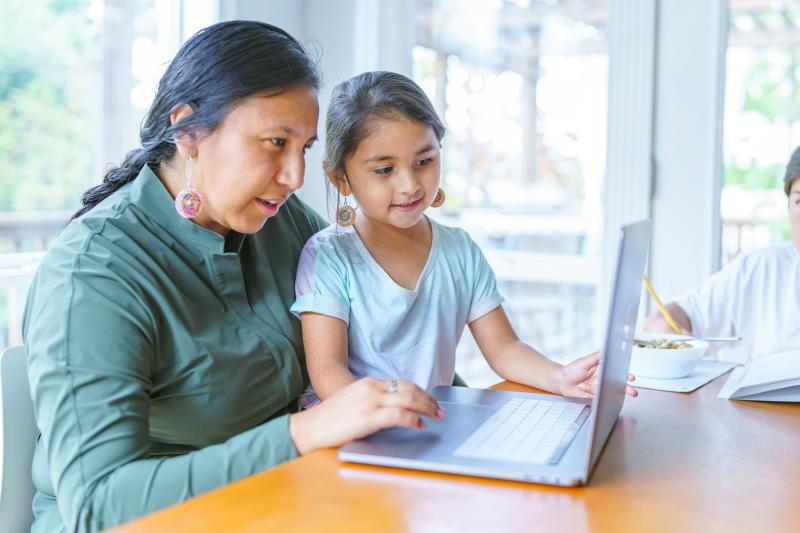DCYF is tracking federal actions that may affect programs serving Minnesota children and families. Get verified facts, current status, and how services continue.
Title
Whole Family Approach
Intro
In order to better coordinate and resource the systems that service children, youth, and families, the Department of Children, Youth, and Families is taking a Whole Family Approach to our work. A Whole Family Approach is an approach to practice, program and policy decision making that recognizes and addresses the needs of children and the adults in their lives simultaneously. This approach recognizes that families come in all different shapes and sizes and that families define themselves.
Featured Image

More Information


